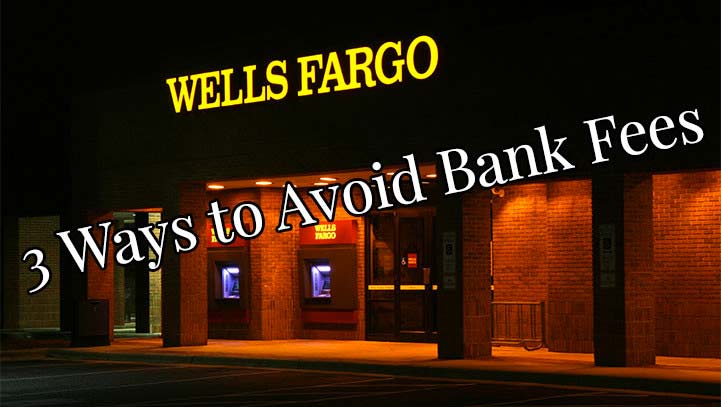
According to the Los Angeles Times , L.A. attorneys have filed suit against California’s largest bank, Wells Fargo, alleging unlawful and fraudulent conduct regarding bank fees. To any person with a checking account that’s living paycheck to paycheck, the reality of dubious fees and hidden charges likely comes as no great surprise. But the problem is systemic and, sadly, only getting worse. In order to ensure bank customers’ pockets aren’t picked, they need to be on the lookout for all manner of chicanery. In the immediate, here are three things anyone can do to mitigate excess bank fees.
Eschew overdraft protection
At its inception, financial institutions created overdraft protection as a courtesy to protect against overdrawing a checking account. And that’s still how banks sell the service. However, since 2010, bank fees and insufficient fund charges have been going up, not down. And according to a report by the Consumer Financial Protection Bureau, involuntary account closures were 2.5 times more common with customers who signed up for debit and credit overdraft coverage. All evidence now suggests this service is more of a liability than a benefit, and the option should be taken off the table entirely. The financial pinch of not having account flexibility may be felt in the immediate for many low-income customers, but it prevents excess interest and fees over a protracted period of time.
Maintain a minimum balance
Easier said than done, right? But this is vital, especially for those who take the above step to heart and forgo overdraft protection. Also, most banks are (refreshingly) transparent about a common policy: maintaining a minimum balance in a checking account eliminates monthly charges. Linking a direct deposit to a checking account is another great way to avoid fees.
Change institutions
Losing money annually on excess fees can make folks lose faith in the traditional banking system altogether. Some financial experts are touting the benefits of shutting down that checking account and going full-cyber. And while there are obvious benefits to sites like PayPal, they, too, have had negative press regarding hidden fees. And nothing in the myriad negative Yelp reviews suggests Bank of the Internet is going to save the day anytime soon. The only sensible option, it seems, for those who can’t take their bank’s shenanigans anymore, is to make the switch and discover the benefits of a credit union.
When looking closely at what the standard checking account is, it’s not difficult to see how we arrived here. Checking accounts were always a loss leader for financial institutions, and management used them as a springboard to push for bigger moneymakers like loans and mortgages. After the mortgage bubble burst in 2008, banks had to make up the difference elsewhere. Here’s hoping consumer advocacy groups and emboldened attorneys continue fighting the good fight to keep banks from becoming the financial predators they always promised they weren’t.






